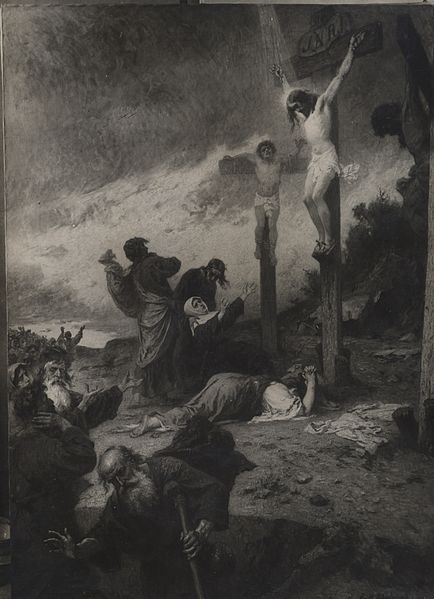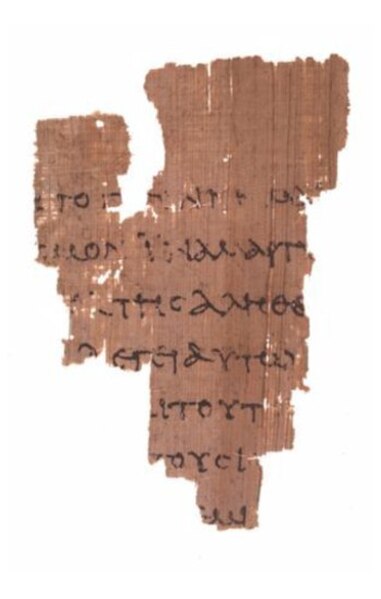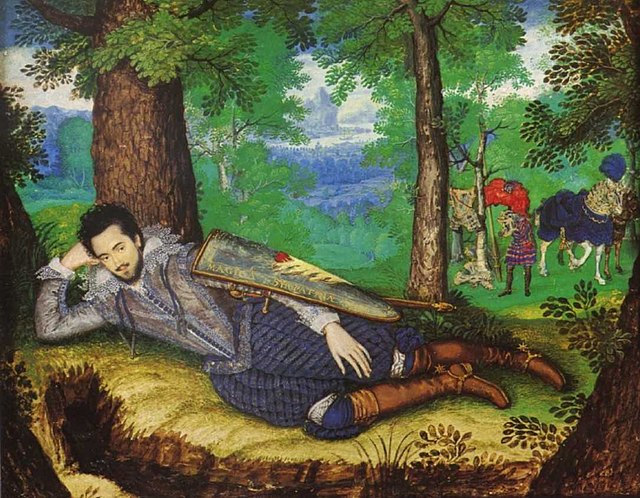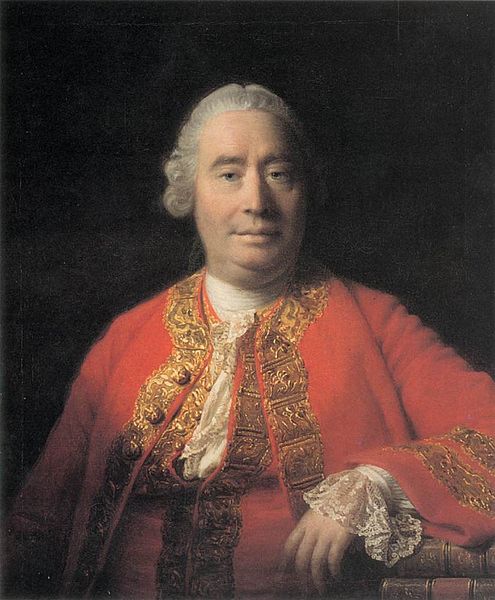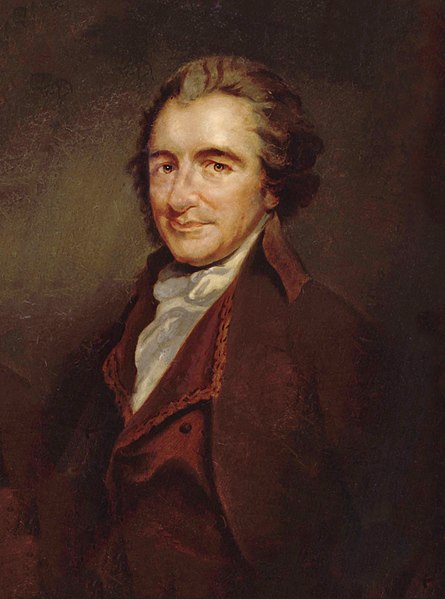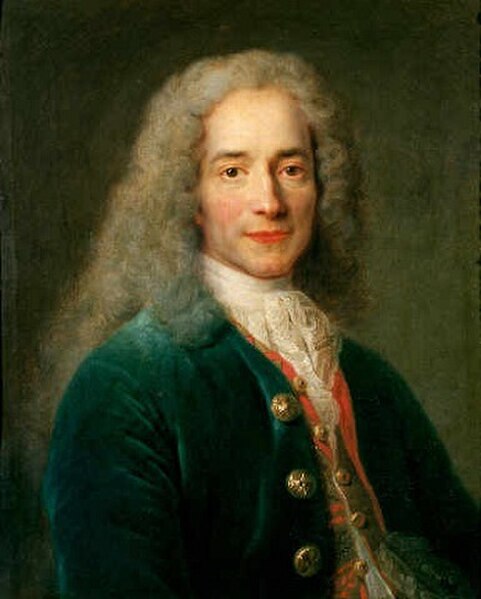Biblical criticism is the use of critical analysis to understand and explain the Bible without appealing to the supernatural. During the eighteenth century, when it began as historical-biblical criticism, it was based on two distinguishing characteristics: (1) the scientific concern to avoid dogma and bias by applying a neutral, non-sectarian, reason-based judgment to the study of the Bible, and (2) the belief that the reconstruction of the historical events behind the texts, as well as the history of how the texts themselves developed, would lead to a correct understanding of the Bible. This sets it apart from earlier, pre-critical methods; from the anti-critical methods of those who oppose criticism-based study; from the post-critical orientation of later scholarship; and from the multiple distinct schools of criticism into which it evolved in the late twentieth and early twenty-first centuries.
Title page of Richard Simon's Critical History (1685), an early work of biblical criticism
Jean Astruc, often called the "Father of Biblical criticism", at Centre hospitalier universitaire de Toulouse
Ernst Hildebrand's 1910 painting Kreuzigung Christi depicts the crucifixion of Jesus. The crucifixion is widely regarded by historians as a historical event.
The Rylands fragment P52 verso is the oldest existing fragment of New Testament papyrus. It contains phrases from the Book of John.
Deism is the philosophical position and rationalistic theology that generally rejects revelation as a source of divine knowledge and asserts that empirical reason and observation of the natural world are exclusively logical, reliable, and sufficient to determine the existence of a Supreme Being as the creator of the universe. More simply stated, Deism is the belief in the existence of God, solely based on rational thought without any reliance on revealed religions or religious authority. Deism emphasizes the concept of natural theology—that is, God's existence is revealed through nature.
Lord Herbert of Cherbury, portrayed by Isaac Oliver (1560–1617)
David Hume
Thomas Paine
Voltaire at age 24, portrayed by Nicolas de Largillière



